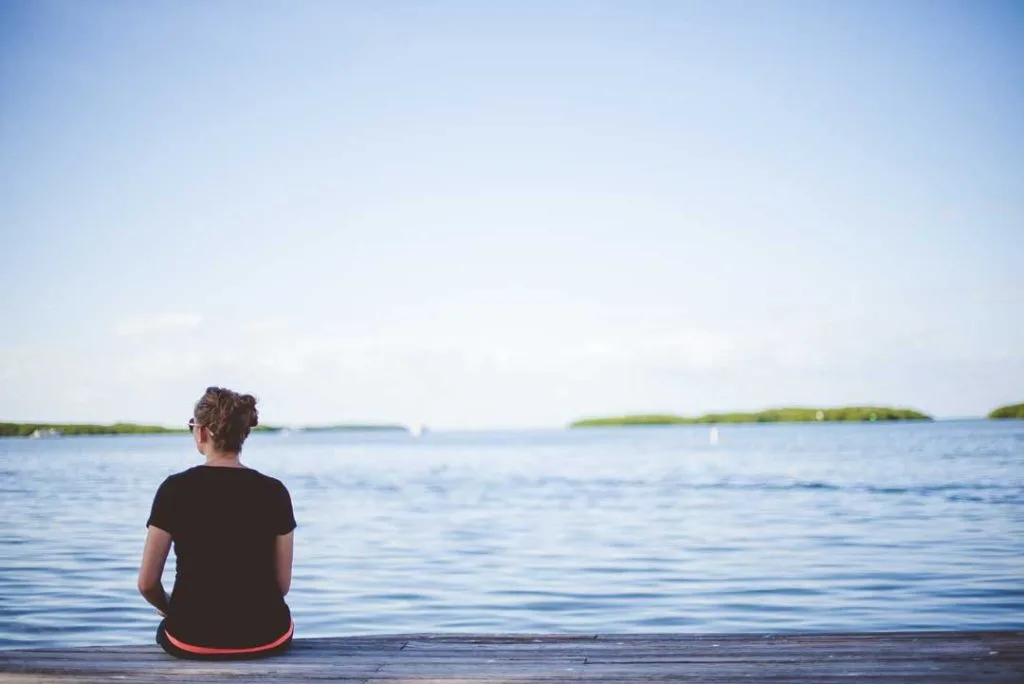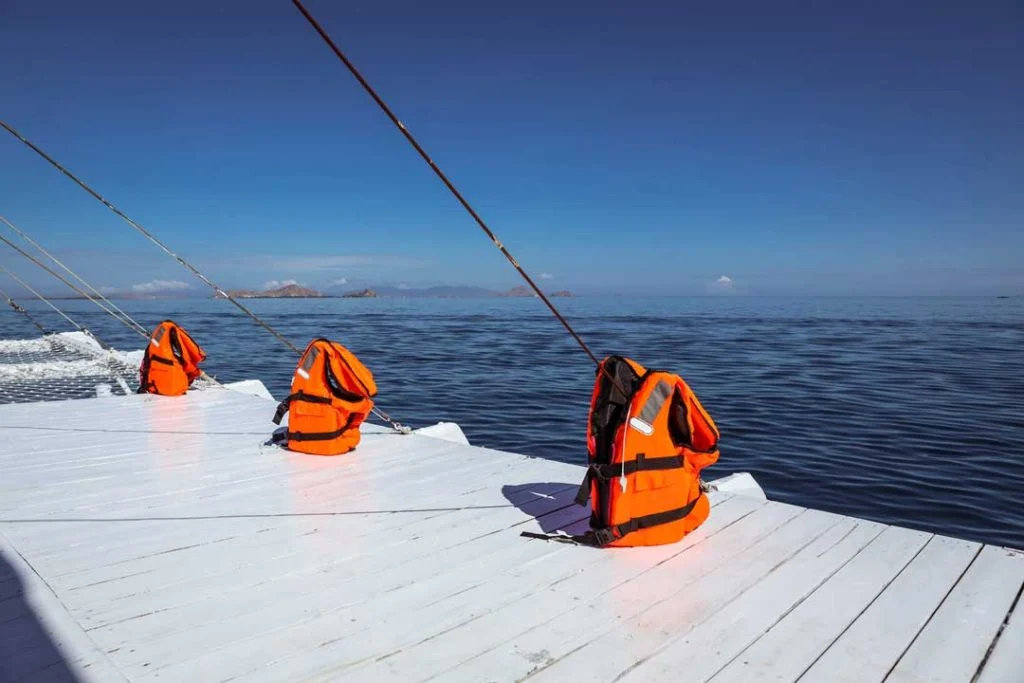To unplug on vacation, I used to switch off completely. Now I stay aware—because true peace means knowing you’re safe and switched off.

I love to switch off my phone and throw it into my backpack, listening to the sound of waves rather than all that constant noise. That is my definition of unplugging. No need to be productive. No elaborate wellness ritual. Pure, quiet freedom is all that I need.
For me, it begins with water. Ocean, lake, river—I don’t discriminate. There is something about standing near it that slows things down and removes mental fog. Give me a half-empty beach and, a floppy hat and something bubbly in my drink, and I’m set. Even better if I don’t know what time it is.
But things get really interesting here. On one recent visit, I discovered something shocking—and kind of rewrote my guide to relaxing near water. Turns out that just because you’ve set foot on a boat or paddleboard, all that tension doesn’t automatically dissipate. Occasionally, when things go terribly wrong (and I really do mean really wrong), there’s more at stake than a sunburn and a wet phone.
How I Unplug on Vacation—Without Ignoring Safety
I love to unplug on vacation by tuning out noise, screens, and stress. Give me a quiet shore and a book, and I’m golden.
But recently, I’ve learned that relaxing near water doesn’t mean ignoring reality. In fact, knowing a little about boating safety can make that peace of mind last longer than a weekend.
That Relaxed River Trip? Someone’s Still Responsible
Most of us do not concern ourselves with behind-the-scenes facts when taking a charter cruise or ferry service ride. We assume that the boat is kept in good condition. We assume that the people operating it know their job well enough. And as it happens, most of the time, they do.

But as soon as something goes awry—like a broken railing, equipment stored improperly, or an ill-trained staff member—it’s more than an annoyance. It’s a matter for the courts. And as cliché as it sounds, it’s a concept that’s important to grasp if you’re as passionate about being out on water as I am.
For instance, I recall seeing a child fall on an early evening cruise. One guest had tripped over an unsecured coiled rope. No big scene—just a bruised knee and some red-faced shame. But suppose it was worse? An injury to the head? A broken wrist? That’s a travel report now.
I later stumbled across a post about maritime personal injury, and suddenly, that sunset cruise didn’t seem so harmless. These laws exist to protect passengers, crew, and everyone in between—but most of us don’t even realize they apply to us.
You Don’t Have to be Paranoid—Be Just Aware
The thing is…I am not recommending taking a helmet on your upcoming boat tour. I love to unplug near water with my family and always prefer kayaking over visiting the shops. However, understanding that some types of accidents do happen because they can be prevented makes me more comfortable approaching coworkers with questions.

Simple things like “Is there a first-aid kit on the boat?” or “Has the crew given a safety talk?” aren’t overthinking. It’s being aware without spoiling the atmosphere.
I’ve also come to look in every direction and see what is lacking. Life vests need to be visible, pathways need to be kept clear, and when it’s about to rain, it’s better to reschedule rather than plow through for the Instagram photo.
The Wellness Part that Nobody Ever Mentions
We keep hearing about unplugging as a mental reset. And it is completely that. But sometimes, part of being able to emotionally unplug is allowing yourself to consider the logistics, too. For example, are my children safe here? Am I comfortable with this arrangement?
You aren’t “spoiling the moment” by being concerned about safety. On the contrary, being as prepared as possible allows you to let go more easily and relax. Isn’t that interesting?

One of the greatest surprises about learning about water injuries is how often they get dismissed at first. It’s simple to dismiss it as “no big deal” when it isn’t yet. So many individuals who end up making claims or going through insurance hassles never imagined they’d be doing so.
It is not about fear. It is about being grounded.
You Can Still Float Even With Your Eyes Open
So yes, disconnecting still entails late strolls along shores, periodic snorkeling excursions, and allowing the itinerary to collapse in a good kind of way. But now I’ve got a little more awareness with me as well, and it hasn’t made my vacations less relaxing. In fact, I’m more in the moment—because I’m not fantasizing that things will somehow work out on their own.

Relaxation does not necessarily imply forgetting about responsibility. You can do both. You might take delight in the breeze and still glance about before sitting on a slippery bench. You might giggle over wind-messy hair while secretly tallying up existing life jackets.
And yes, you can completely disconnect from work and your to-do list and inbox, without disconnecting from your instincts.
That’s the kind of unplugging I’ll always be returning to.
The Right Way to Unplug on Vacation (Yes, Even on the Water)
To truly unplug on vacation, it helps to feel safe, aware, and grounded in the moment. Knowing a few boating safety tips, asking the right questions, and being prepared can make your trip feel freer—not heavier.
It’s not about paranoia. It’s about presence. You can float through your trip—disconnect from work, unwind fully, and still keep your instincts on. That’s the kind of unplugging that lasts.

Jessi is the creative mind behind The Coffee Mom, a popular blog that combines parenting advice, travel tips, and a love for all things Disney. As a trusted Disney influencer and passionate storyteller, Jessi’s authentic insights and relatable content resonate with readers worldwide.
